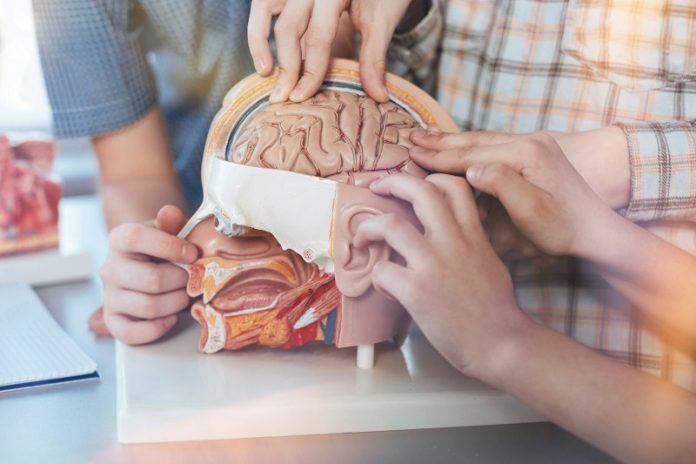
As we age, our memory tends to fade, affecting our ability to recall personal experiences.
For years, scientists believed that this memory loss was mainly due to the natural decline in the number of dendritic spines—tiny structures on brain cells that are essential for forming connections, or synapses, between neurons.
However, a new study challenges this idea, showing that the quality of these connections, rather than their quantity, is key to preserving memory in old age.
The research, led by scientists from the University of Alabama at Birmingham and Rush University Medical Center, has been published in the journal Science Advances.
The study focused on how the size of dendritic spine heads—part of the connections between brain cells—can predict how well older adults retain their episodic memory, which is the ability to remember everyday events and personal experiences.
For many years, it was thought that as people age, they naturally lose dendritic spines and synapses, leading to memory decline. But the new findings suggest that even with fewer synapses, the remaining ones can adapt and compensate for the loss, helping to maintain memory.
Dr. Jeremy Herskowitz, the study’s lead author, explained the significance of the findings: “This discovery is groundbreaking because it shows that even in very old individuals, like those in their 80s and 90s, there is still enough flexibility in the brain’s connections to support memory.
This opens up the possibility that therapies aimed at improving the strength of these connections could help people maintain their memory as they age or even counteract memory problems caused by diseases like Alzheimer’s.”
The study was made possible by the Religious Orders Study and Rush Memory and Aging Project (ROSMAP), which involves older adults, including Catholic nuns, priests, and brothers, who participate in annual cognitive and medical evaluations and donate their brains for research after death.
The researchers analyzed brain samples from 128 participants, with an average age of 90.5 years, to study the relationship between dendritic spine structure and memory performance.
The researchers found that the diameter of the dendritic spine heads in the temporal cortex—a region of the brain important for long-term memory—was strongly linked to better memory performance. In other words, larger spine heads were associated with stronger memory.
This study suggests that targeting treatments to maintain or enhance the strength of these brain connections could be more effective in preserving memory than simply trying to increase the number of connections.
The research team hopes that these findings will lead to new therapies for age-related memory loss and Alzheimer’s disease.
If you care about dementia, please read studies that eating apples and tea could keep dementia at bay, and Olive oil: a daily dose for better brain health.
For more health information, please see recent studies what you eat together may affect your dementia risk, and time-restricted eating: a simple way to fight aging and cancer.



